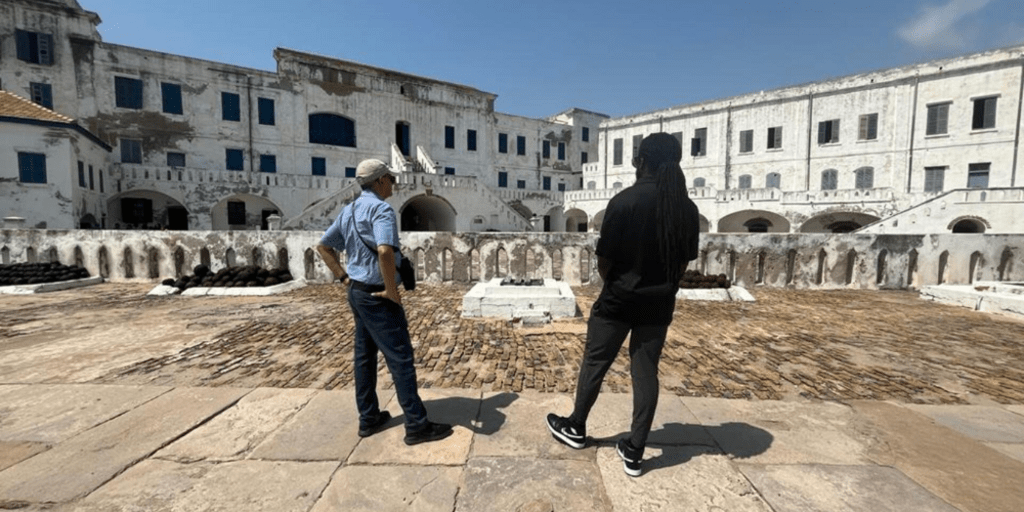Estimated reading time: 2 minutes

Prioritizing the Environment in Urban Sustainability Planning is a timely contribution to the on-going debate on what it takes to become a sustainable city. Co-authored by Dr. Natasha Tang Kai, a PhD graduate from the School of Planning, and Dr. Larry Swatuk in the School of Environment, Enterprise and Development, the book unravels the complexity, similarities, and differences in environmental sustainability planning across major cities in Canada, and highlights what makes some cities lead and others lag in environmental sustainability planning.
As the climate crisis exacerbates the impacts of floods, droughts, wildfires and storms, urban centers must account for sustainability to mitigate and adapt to a changing and uncertain landscape.
“Urban environmental sustainability requires a new approach with more cities meeting the challenge by transitioning to low-carbon communities, but we still have a long way to go towards transformative change,” says Tang Kai. “What’s required is a shift in thinking about the human-nature relationship, planning for more than one future, and seeing nature as a powerful ally.”
This book will make a timely contribution to the on-going debate regarding the ways and means to become a sustainable city. It explores cities at various stages of growth with a range of environmental priorities, to help scholars and practitioners at local, regional, national, and global scales learn from each other and understand best practices to support the sustainable city model. It also cuts across many Sustainable Development Goals (SDGs), in particular SDG 11: Sustainable Cities and Communities, and provides a unique focus on specific environment priorities.
“What our research shows is that most Canadian cities are sustainability ready,” says Dr. Swatuk. “Understanding that human health and well-being is a function of a healthy natural environment is clearly reflected in official plans and pronouncements. What is less clear is the degree to which they are acting in support of these important goals.”
This work to support Canadian cities in urban sustainability planning is the latest in Waterloo’s efforts to promote environmental innovation, solutions and talent and be a leader in sustainability research and education. More work within this field of study is in progress, such as the Municipal Net-Zero Action Research Partnership (N-ZAP) to support Canadian municipalities in monitoring, measuring, and achieving their climate mitigation goals.

